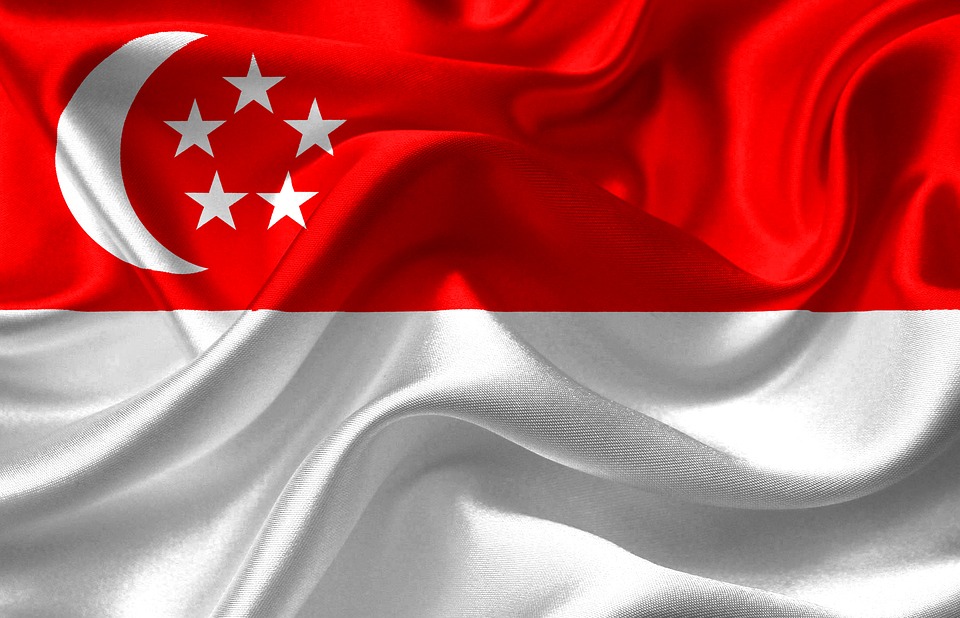Singapore parliament debates bill to tackle foreign interference
Singapore's parliament began discussion on Monday of a proposed law to counter foreign interference that has sparked concern from opposition parties, rights groups and experts about its broad scope and limits on judicial review. The small and open city-state, which says it is vulnerable to foreign meddling, targeted fake news with a far-reaching law in 2019, and joins nations such as Australia https://www.reuters.com/article/us-australia-security-review-china-idUSKBN1JN0BY and Russia https://www.reuters.com/article/us-russia-putin-internet-idUSKBN1YN23Z that have passed laws in recent years to deter foreign interference.

- Country:
- Singapore
Singapore's parliament began a discussion on Monday of a proposed law to counter foreign interference that has sparked concern from opposition parties, rights groups, and experts about its broad scope and limits on judicial review.
The small and open city-state, which says it is vulnerable to foreign meddling, targeted fake news with a far-reaching law in 2019, and joins nations such as Australia and Russia that have passed laws in recent years to deter foreign interference. It allows authorities to compel the internet, social media service providers, and website operators to provide user information, block content, and remove applications, and is likely to be passed, as the ruling party has a majority in parliament.
But some critics say its broad language risks capturing even legitimate activities, while rights group Reporters Without Borders said the law could ensnare independent media outlets. "The pre-emptive powers ... and broad scoping of provisions could potentially provide the government with significant wherewithal to curb legitimate civil society activity," said Eugene Tan, a law professor at Singapore Management University.
"FICA has the makings of being the most intrusive law on the statute books," he said of the bill, to be formally known as the Foreign Interference Countermeasures Act (FICA). In response to a Reuters query, the home ministry said the bill did not cover discussion or advocacy by Singapore citizens, or the vast array of their collaborations with foreigners.
But orders can be issued if a citizen acts for a foreign principal in a manner contrary to the public interest, it added, saying the law set out clear thresholds. The bill lets the home minister order investigations in the public interest to "expose hostile information campaigns", based on suspicion of foreign interference.
Instead of open court, an independent panel, chaired by a judge, will hear appeals against the minister's decisions, a move the government says is necessary as matters may involve sensitive intelligence with implications for national security. GROWING THREAT
As use of social media and communications technology increases, experts and opposition parties have agreed on the need to counter a growing threat of foreign interference in domestic affairs. Critics have said Russia's 'sovereign internet' 2019 law allows authorities the discretion to limit access to resources and information, while Australian laws target lobbyists for foreign countries.
In parliament on Monday, Singapore home minister K. Shanmugam pointed to examples of spurts in online activity over the years 2016 and 2017 as well as 2018 and 2019 that aimed to influence sentiment or create artificial impressions of Singapore's positions, but he did not name any countries. In 2016, Singapore went through a choppy period in ties with China over Taiwan and the disputed South China Sea, while 2018 saw it embroiled in a dispute over airspace and maritime boundaries with neighboring Malaysia.
Singapore's bill is unique in targeting foreign interference through the internet as well as individuals, but not as extensive as U.S. or Australian laws on transparency and regulation of individuals, Chong Ja Ian, a political analyst at the National University of Singapore. Besides aiming to remove content that threatens immediate and significant harm, it imposes obligations on those considered "politically significant persons", who are directly involved in Singapore's political processes, such as MPs.
Others may be included in the category if their activities are directed towards a political end, however. The main opposition Workers' Party has called for changes to the draft law, such as narrowing the scope of executive powers to reduce the chance of abuse of power.
Earlier, the Ministry of Home Affairs (MHA) had said the bill would not apply to foreign individuals or publications "reporting or commenting on Singapore politics, in an open, transparent and attributable way." Rights groups had warned the 2019 law on fake news could hurt freedom of expression. The government said legitimate criticism and free speech are unaffected.
(This story has not been edited by Devdiscourse staff and is auto-generated from a syndicated feed.)
ALSO READ
Rugby-Slipper selected for Australian record 178th Super Rugby match
Australian Navy chief receives guard of honour at South Block Lawns in Delhi
George Russell says his crash at the Australian Grand Prix was ''waiting for a disaster to happen''
Australian PM says Israel's explanation for aid worker deaths unsatisfactory
33-member Australian delegation aims to enhance collaboration in skills training area with India










